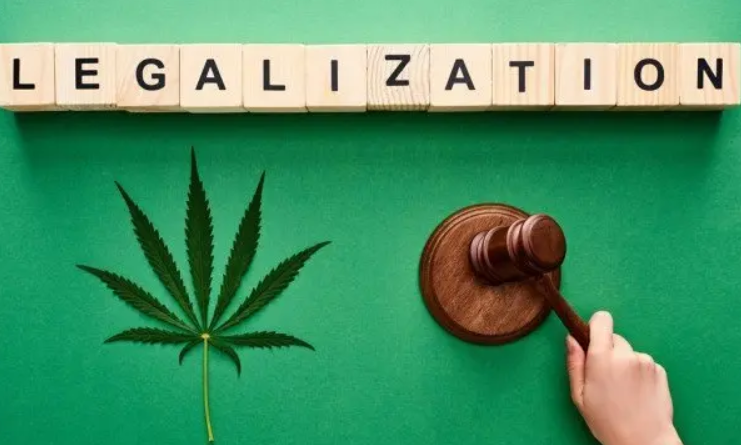Israeli Lawmakers Reject Recreational Cannabis Legalization
On July 28, a vote was held in the Israeli parliament, the Knesset, regarding the legalization of recreational cannabis. The initiative was supported by 52 lawmakers, while 55 voted against it, resulting in the bill’s rejection.
Supporters of Legalization Fail to Reach Consensus
Sharren Haskel, the main advocate for legalization from the “New Hope” party, attempted to increase the bill’s chances by scheduling an early vote on Wednesday, taking advantage of the absence of many opponents. However, opposition members unexpectedly attended the session and participated in the vote.
Members of the Ra’am party voted against the drug policy reform. The bill ultimately failed due to members of the Likud party, who generally support cannabis legalization, voting against the initiative solely because it was promoted by the opposition coalition, which consists of eight factions. Haskel accused Likud members of sabotage, stating, “You put personal political interests above public welfare and voted against a law you believe should be passed. You achieved a minor political victory but committed a great injustice.”
Ongoing Efforts to End the War on Cannabis
In early July, Haskel promised to legalize recreational cannabis by the end of September 2021. Members of the ruling coalition, which holds a majority in the Knesset, had agreed to support the bill, making legalization seem almost certain. However, the situation changed after Ra’am revised its stance on recreational cannabis. For the bill to become law, it must pass three readings. Supporters of legalization will need to win over several more lawmakers, and Haskel has pledged to continue pushing the initiative “by all legal means.”
Proposed Legal Changes
Haskel’s proposal would legalize possession of up to 50 grams of cannabis and up to 15 cannabis seeds. The bill also calls for expunging criminal records for public cannabis use and adding CBD to the list of food supplements. Cannabis use was decriminalized in Israel in 2017, with criminal penalties replaced by a 500 shekel fine (about $150). However, individuals caught using cannabis three times within seven years can still face jail time.



